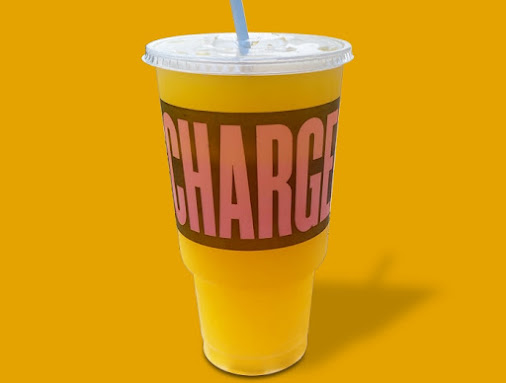LEMONADE OF DEATH?
In two recent separate lawsuits, patrons of Panera Bread have accused the company of killing their loved ones with lemonade.
Panera's "charged lemonade" packs a very large quantity of caffeine. One cup contains 395 mg of caffeine, which compares to the FDA's maximum allowable intake as being 400 mg.
This is the equivalent of about four cups of coffee (95 mg caffeine), or three 16 oz. Red Bull energy drinks (135 mg per drink) or two large Monster energy drinks (160 mg of caffeine).
In each case, the plaintiff's decedent died of a heart attack after consuming one charged lemonade per day for 2-3 weeks.
Heart-attack-drink cases are hard to prove because people who die from them are usually in poor health before they have had a sip of the suspected beverage. However, there have been a number of cases brought this century concerning plaintiffs who have been injured after taking a diet pill containing caffeine and ephedrine (Metabolife). Some of these cases have resulted in large verdicts for the plaintiff, and some have resulted in $0 for the plaintiff and one large verdict for the plaintiff was reduced by 40 percent due to his comparative negligence (in maintaining an unhealthy lifestyle).
In the case of Panera, the Plaintiffs will want to prove Panera knew of the dangers of its charged lemonades. The plaintiffs will want to search for any advertising by Panera to show exactly what it told its customers about the caffeine content of its drinks.
In Idaho, I believe this suit would have little chance of success. Idaho juries go out of their way to hold people responsible for the consequences of their food intake. If someone dies after consuming an energy drink, the jury will want to know about his dietary habits that pre-existed the consumption of charged lemonade.
As for me, I would want to know what warnings were given to patrons about the caffeine content of the drink and how that content compares to the FDA's recommended limits. If the consumer knew or should have known he/she was consuming the daily maximum with one drink, Panera should be in the clear. If the caffeine content was hidden, or misrepresented by Panera, the latter should be held responsible.




Comments
Post a Comment